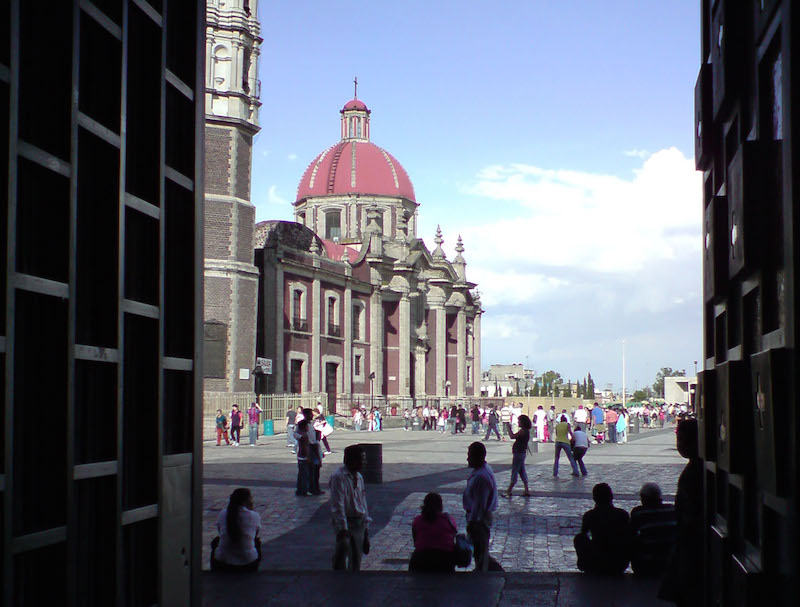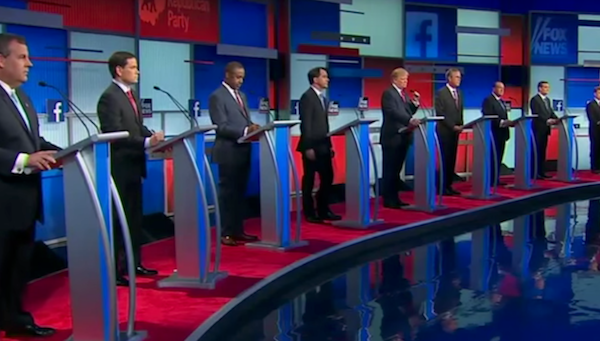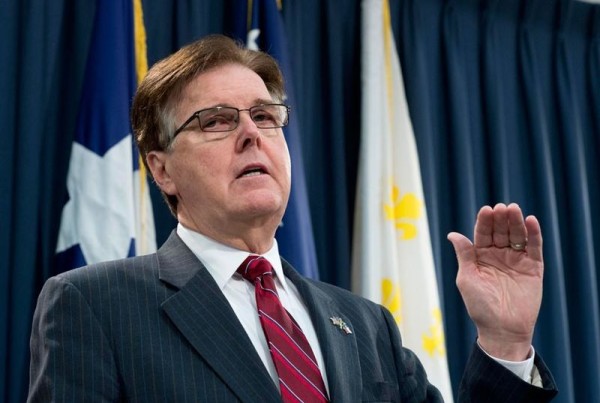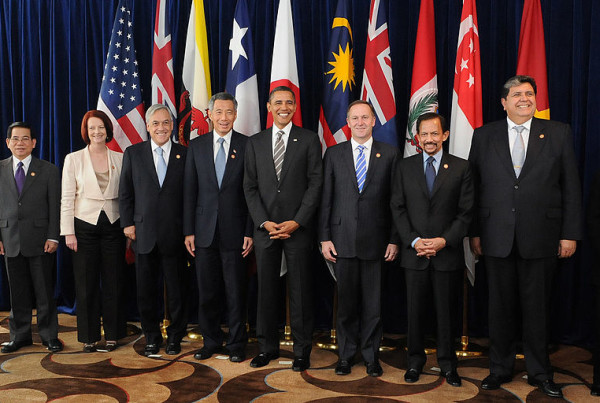This story originally appeared on Fronteras Desk, a regional network of NPR stations in the southwest.
Martín Huéramo is one of 250 former residents of the Mexican border town of Guadalupe, now seeking asylum in the United States.
“I received several threats, not just one,” he said in Spanish.
Huéramo was a city councilor in Guadalupe in 2010. He’d opposed the mayor’s resolution that would allow the local government to expropriate land to sell to energy speculators.
The week after he entered the U.S. two women on the city council were killed. They’d opposed the same resolution. This was confirmed by two independent sources.
The year before, two of his his brothers-in-law were murdered.
“Families in the Juárez Valley have lost loved ones,” he said. “It’s a message saying they have to leave the Juarez Valley.”
Residents say violence rose in the Juárez Valley in 2010 after the murder of Josefina Reyes Salazar, killed on the outskirts Ciudad Juárez.
She’d led the Mexican side of a successful binational campaign to stop a nuclear waste dump in Sierra Blanca, Texas, just across from Guadalupe. And she’d spoken out about land displacement in the Juárez Valley.
An art gallery administrator from Ciudad Juárez, Gabriela Carballo, compares opposition to pipelines in Guadalupe to conflict in the U.S. over the proposed Trans-Pecos Pipeline. It would ferry natural gas from Texas into Mexico.
There is intense opposition on the part of some Texas landowners and ranchers.
“As a Mexican I can say that we care as much about the environment as any one of these people that are fighting the Trans-Pecos Pipeline,” Carballo said.
As for alleged land displacement in the name of energy in Chihuahua, she said it’s not easy to take a stand under the actual or perceived threat of retribution. “If we speak out against it, we run the risk of our really extremely corrupt government murdering us,” she said.
There’s no way to verify such a claim. And Mexican officials are quick to refute them.
“Violence is minimal right now and no one’s been affected by plans for pipelines,” said Arturo Llamas in Spanish. He’s Chihuahua’s pipeline and energy infrastructure regulator.
Llamas is also the state’s liaison with Mexico’s federal energy agencies. He said energy development in northern Chihuahua is a boon to local residents that will ultimately translate into lower electricity and gasoline costs.
“It will help the entire country, not just Chihuahua,” he said. He was emphatic that he and his staff are watching the Juárez Valley.
“It’s our responsibility to be sure that laws are obeyed and that everything that must be done is done properly,” he said. He also said he wanted anyone with a complaint to contact his office in Chihuahua City. But few people alleging harm are likely to approach a government they don’t trust.
There are others beyond the alleged victims, who bear witness to a different reality. Mexican photographer Julián Cardona has catalogued the destruction of peoples lives in the Juárez Valley.
“I think they’re now realizing the value of their land, because now there are people buying their lands,” Cardona said. “Violence is linked to displacement of their families.”
He recalled a visit on June 24, when Chihuahua Gov César Duarte made a brief stop in Guadalupe.
“The Governor visited in Guadalupe and the mayor ordered the empty buildings and houses along the main avenue painted in bright colors — glowing yellow, green, blue, pink,” he said. “The fact the houses were painted in bright colors is like a smokescreen of what’s really going on.”
As for Martin Huéramo — the former Guadalupe city councilor seeking asylum — he says he’d have no issue with energy production or pipelines if they did not involve, in his words, people being forced out. He doesn’t believe government claims that laws are being followed and things are being done properly.
Then unexpectedly, he said he believes one of the the government’s claims.
“The government says violence is down in the Juárez Valley,” he said in Spanish. “I believe it because there are no more people left to kill.”















